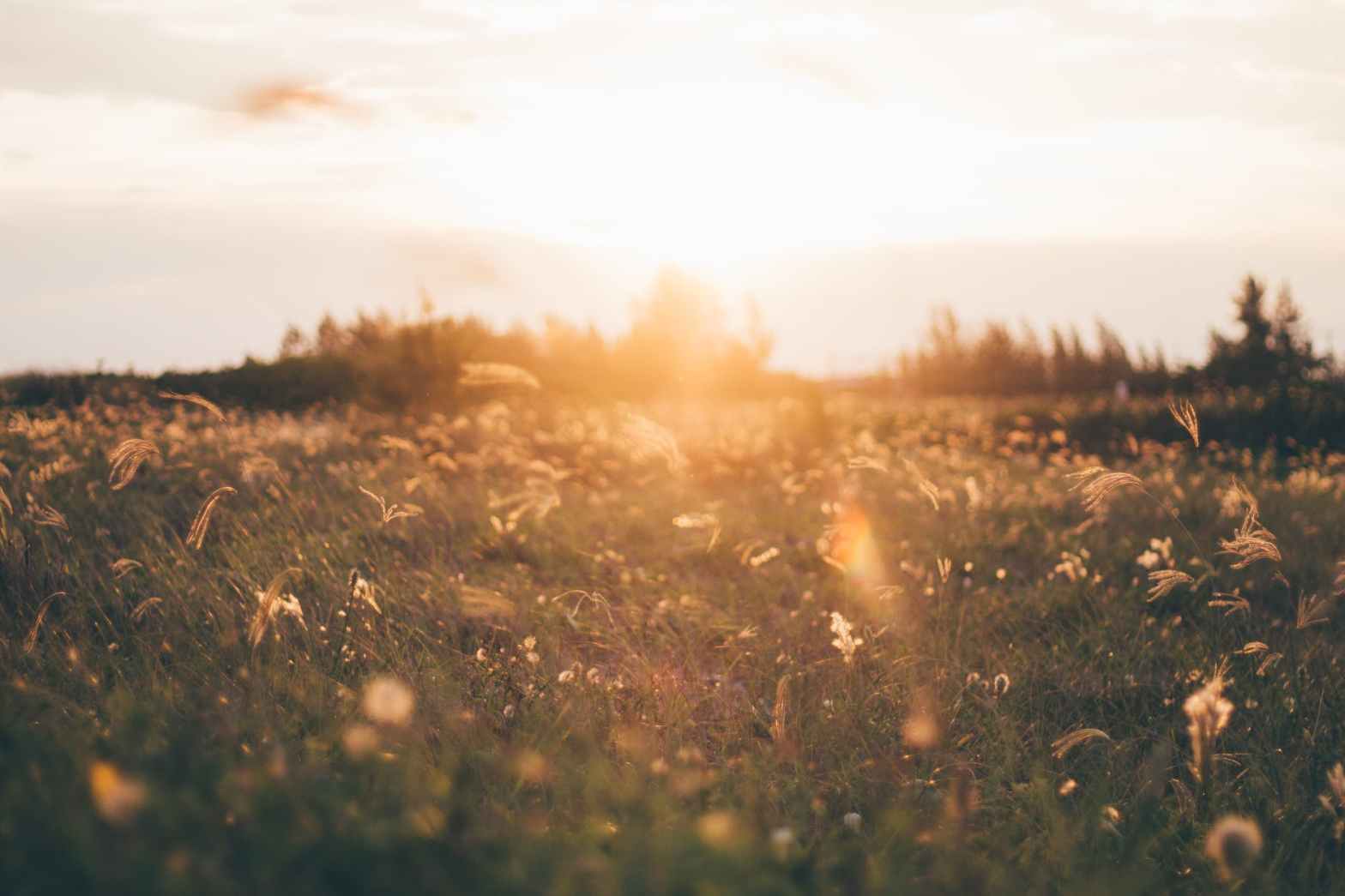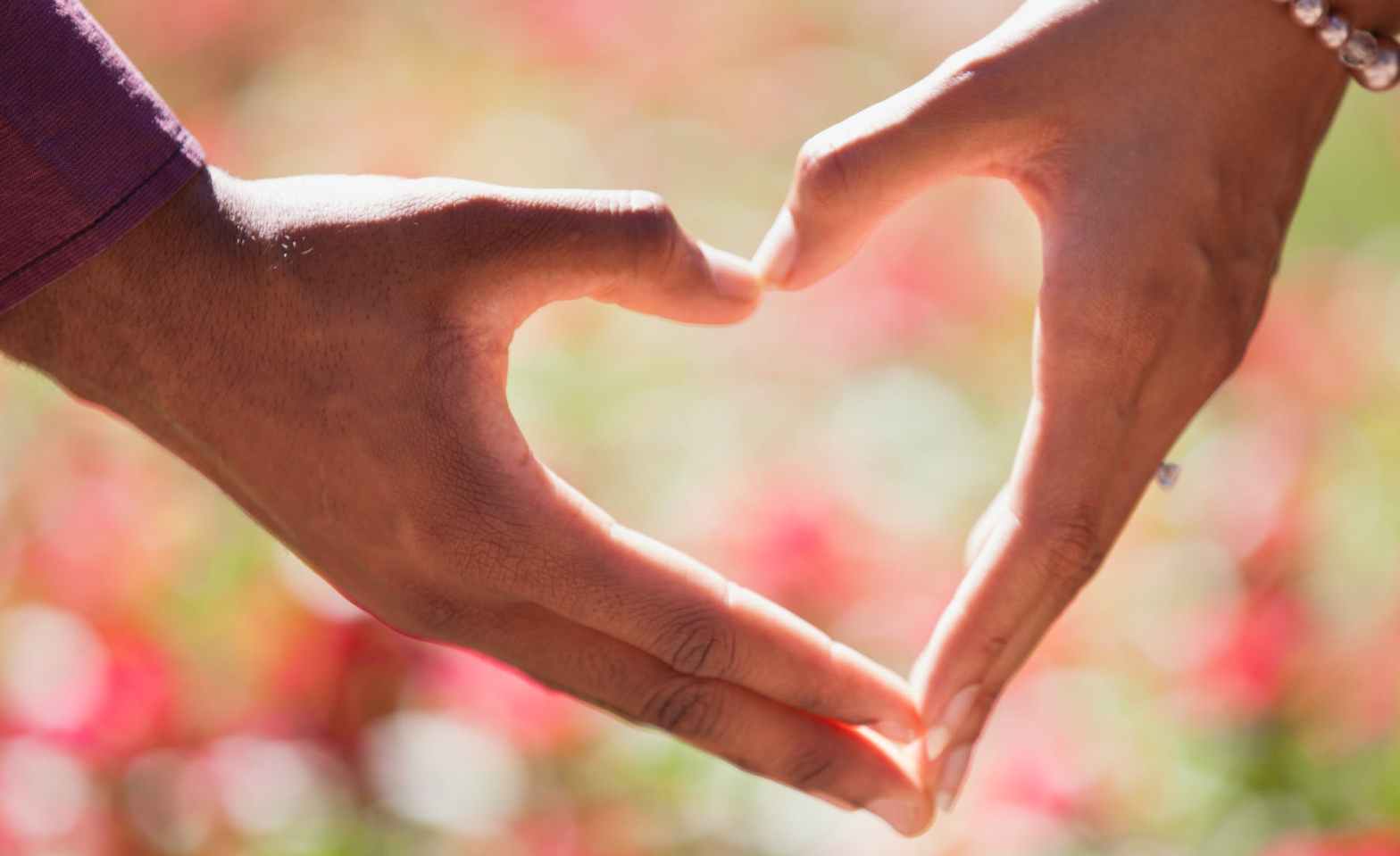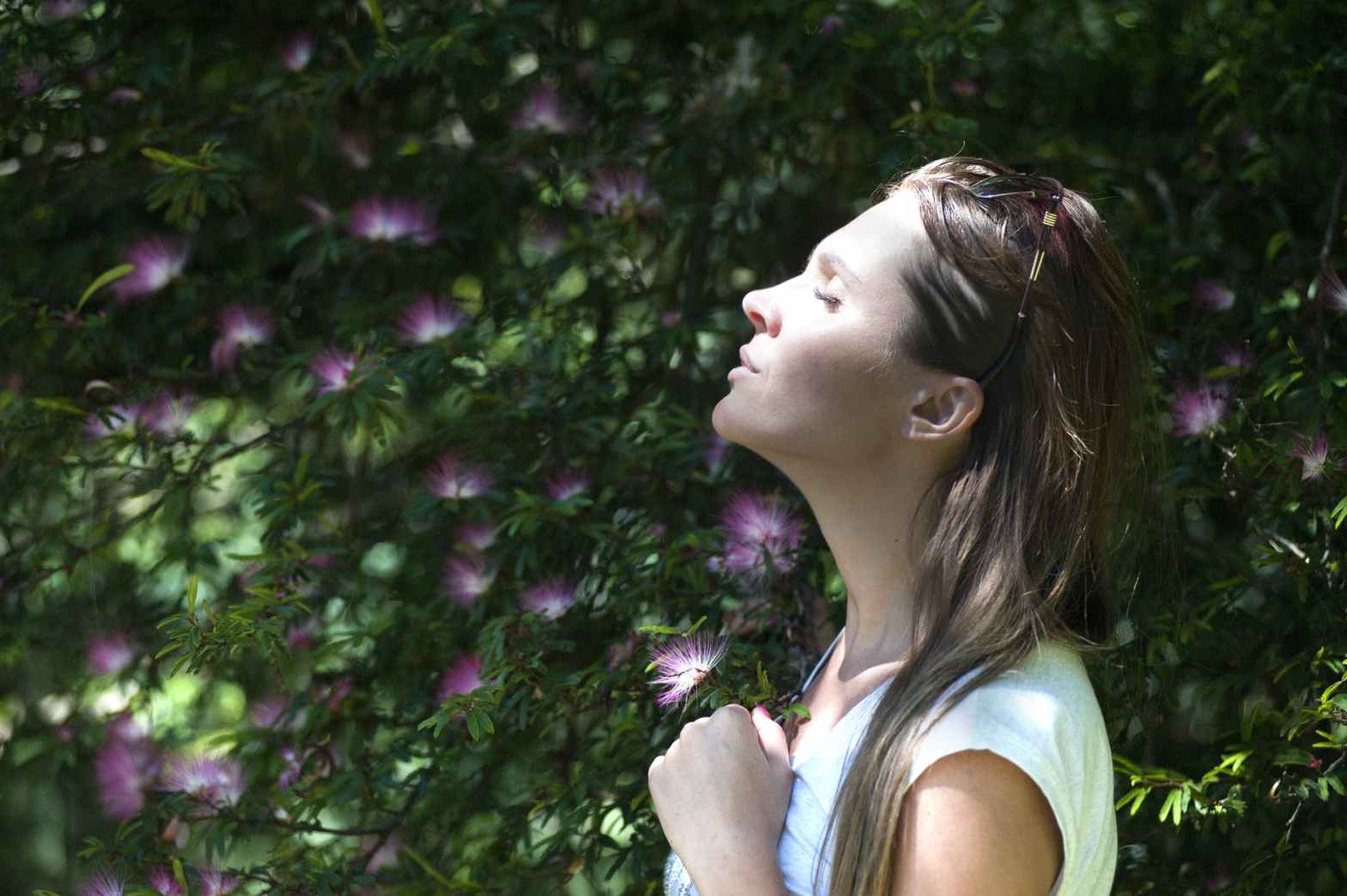It’s been a bit since I’ve posted. I’ve been busy (dating) and honestly, this feels a little scary to share:
Love and partnership are important to me. I have long dreamt of an epic, life-long love affair; I’ve envisioned it — and I thought I might’ve had it once or twice. And despite getting my heart hurt, I’ve remained determined to find that epic, lasting love story for myself. I am committed to making love my magnum opus, the greatest creation among all my life’s work.
Some context: I have been blessed throughout my life with a number of rich, “peak” experiences. I’ve had a family and raised children to adulthood. I’ve had some career success. I’m surrounded by supportive, uplifting friends. I’ve taken time and space to nurture my soul and spirit. And while I have dreams yet to chase and achieve, the greatest of these is having someone devoted, loving and supportive to share it all with during this next act in my life. It’s the partnership part of my life where I feel I’ve got the greatest opportunity for growth and fulfillment.
So what’s held me back?
Historical evidence suggests I have not been great at partnering, nor have my relationship models been ideal. One might’ve said my picker is broken. Over the past decade, I’ve invested a great deal of resources into overcoming my shortcomings, healing my past and learning new skills by reading books about relationships, going to therapy, enrolling in programs and, finally, by becoming a coach myself.
For a long time, I struggled with limiting beliefs about my worthiness, I’ve flirted with canards like “I’m fundamentally flawed,” and even bumped up against “that sort of happiness is for everyone but me.” It seems ridiculous now to see these spelled out on paper, and I’ve done a tremendous amount of work to move beyond what are common, if nonsensical, thought and energy patterns.
Even just a few months ago, I had tremendous resistance to dating online: it seemed like a chore, like wasted time. What I wanted was a “meet cute” and a foregone conclusion that we’d marry and live happily ever after for the next 50 years. I wanted a predictable outcome: a guarantee I wouldn’t get hurt again. Yet somehow I managed to get into the mindset that basking in masculine energy would be fun and — still hoping my man and I would reach for the same avocado, look into one another’s eyes and just know — I ventured online. It couldn’t hurt to practice up for the real thing.
I’d barely begun dating when I met someone who, despite his initial nervousness (and all the other ways I could find to rule him out, i.e. protect myself from heartache), was genuinely interesting. He asked me to have dinner with him — and then, after talking and laughing for hours over a delicious meal, he kissed me and asked when he could see me again.
During our next dates, we talked and laughed and flirted awkwardly because, now that I had started to feel something, I felt nervous — just as he began to feel more comfortable. I’m not too proud to say I grilled him, and he answered my many questions openly. When I asked him, “What’s the one thing you most don’t want me to know about you?”, he replied, “Nothing; I want you to know everything about me.” His transparency was astonishing to me, and exactly what I’d been seeking.
Still, looking back, I spent the first several weeks of our relationship hyper-vigilant, determined to spot and act on any warning signs I may have missed during previous relationships. And then I spent the next several weeks obsessing about what old, unhealthy patterns I might be re-enacting. (Read: ongoing.)
Where am I now?
I’m happy and content in a relationship with someone I wouldn’t have met if I hadn’t done a lot of work on myself. He’s someone I would have filtered out based on his location (too far), astrological sign (potentially incompatible), and height (too tall — and how is that even a thing!?) under most circumstances (thank goodness the app we met on didn’t have all those filters). And yet we have tons of fun and laughter, great conversations around difficult topics, and incredible chemistry. We genuinely like and enjoy each other. Bonus: he can cook and is well traveled.
We’ve both experienced heartache, and we take ownership of our stuff and processing our pasts. He’s not perfect, thank goodness, because I couldn’t live up to that sort of standard. We don’t have karma or that soul-matey feeling; instead, we have a blank slate from which to create the relationship we want — and we both seem to want to create a life together.
I don’t know where this will go, and it doesn’t matter right now — I’m settling in and enjoying the present and our time together. Whatever might happen down the road, I’m going to be okay — and I’ll never give up on love.
How are you feeling about your primary relationship(s)? Are you starting to date, struggling with unhealthy relationship patterns or at a point of transition? Do you know your love language(s) and attachment style? Let me know if you’d like to talk.
(c) 2022 Angela Rae Bushman









